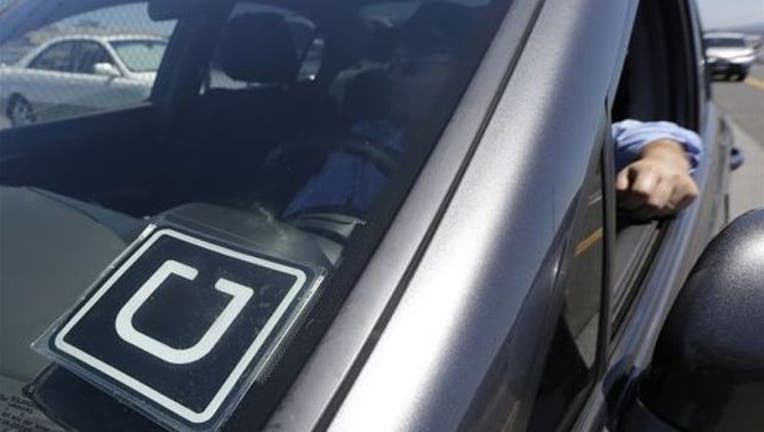Disability rights groups sues Uber over wheelchair accessibility

(FOXNews.com)
CHICAGO (AP) — A Chicago disability rights group sued Uber Thursday over wheelchair accessibility, arguing that the mobile ride-hailing company's adherence to federal disability laws "ranges from token to non-existent" despite its expanding role in the nation's transportation system.
The 19-page lawsuit, filed in U.S. District Court in Chicago on behalf of Access Living of Metropolitan Chicago and several individuals, seeks an order requiring that Uber comply with the 1990 Americans With Disabilities Act, or ADA, by making far more wheelchair-accessible vehicles available.
"(Uber's) position threatens a return to the isolation and segregation that the disability rights movement has fought to overcome," the filing says.
A Chicago spokeswoman for San Francisco-based Uber, Molly Spaeth, emailed a brief statement that didn't address specific allegations in the lawsuit. It said Uber is committed to "increasing mobility and freedom for all riders and drivers, including those members of our communities who are disabled."
Both Uber and rival Lyft, which allow customers to use a cellphone app to pay drivers who use their own cars, have argued previously that they are technology, not transportation firms, and so aren't subject to the ADA, considered landmark legislation in bids for equal rights for the disabled.
A few related suits have been filed elsewhere. Uber and advocates for the blind this year reached a settlement in San Francisco in which Uber agreed to require that drivers confirm they understand their legal obligations to transport riders with guide dogs or other service animals. Uber didn't admit any liability and denied violating any laws.
What distinguishes the new suit is that it seeks a definitive ruling about whether the ADA applies to Uber and similar companies, said Access Living attorney Charles Petrof.
"Once this is resolved with Uber, the rest of the industry will have to follow," he said.
The ADA contains an exemption for taxi companies on wheelchair-accessibility rules, but such requirements do apply to cabs in Chicago due to a local ordinance, Petrof said. Advocates tried but failed to push through provisions that would force Uber and similar companies to meet the same city requirements.
If Uber isn't a cab company it could be subject to the ADA requirements, but if it is, the Chicago ordinance could apply, Petrof said.
Uber does offer a service called UberWAV, which allows would-be customers to locate vehicles with ramps or lifts. But Thursday's suit says Uber's mobile map frequently indicates that no such vehicles are available anywhere in or near Chicago.
In an attempt to demonstrate how hard it is for disabled people to utilize Uber, the suit cites data that Uber provided nearly 2 million rides in Chicago in June of last year alone. But it says Uber gave just 14 rides to motorized wheelchair users over a four-year period starting in 2011.
Rahnee Patrick, a plaintiff in the case who uses a wheelchair, says the lack of suitable Uber vehicles shouldn't force her and her husband to travel separately.
"Going to dinner with my husband should be the same for me as it is for everyone else," she said in a statement released by Access Living.
There are around 200 wheelchair-accessible Chicago cabs, Petrof said. To approach similar levels of service, he said Uber should have similar numbers available.
___
Follow Michael Tarm on Twitter at http://twitter.com/mtarm

